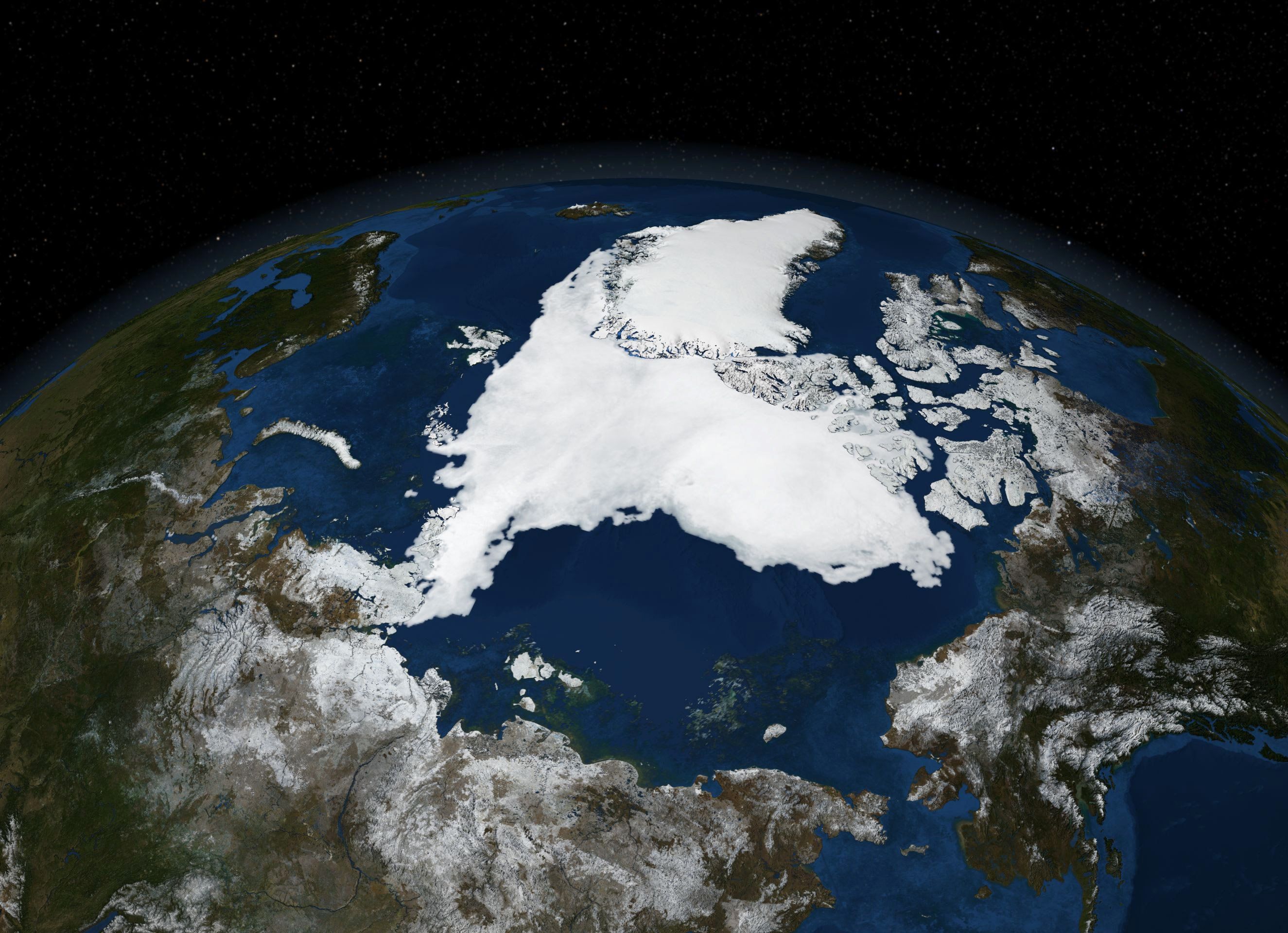As leaders convene in Reykjavik, Iceland, for the Arctic Circle Assembly, geopolitical tensions are rising as fast as the Arctic’s sea level.
Historically, Arctic diplomacy has been shielded from external matters. But melting sea ice is opening up new military, trade, and extraction opportunities up north, pitting NATO Arctic countries against China and Russia, which have been proactively showing dominance in the region.
China’s Arctic presence is focused on resource extraction and faster shipping routes to Europe. It has teamed up with Russia, which chairs the Arctic Coast Guard and has begun operating joint military vessels off the coast of Alaska.
Canada and the US have been criticized for underinvesting in Arctic security, but NATO’s presence in the region is strong. Finland recently joined NATO and Sweden is close behind, making seven of the eight Arctic countries NATO members.
Since invading Ukraine, Russia has been withdrawing from intergovernmental bodies in the Arctic, including the Nuclear Arctic Safety Program and the Barent Euro-Arctic Council. Representatives at this week's meeting are expected to decide the future of the most important Arctic institution, the Arctic Council. The US has pushed to reintegrate Russia into the forum, but other NATO members have been unwilling to include Russia in since its invasion.
Representatives from China will be in attendance, but Russia will be absent, raising practical questions about what Arctic forums can achieve without the largest geographical stakeholder.
Other items on the assembly’s agenda include environmental preservation, mineral extraction, and expanding food production as temperatures rise – eliminating traditional food sources but making agriculture more feasible.
